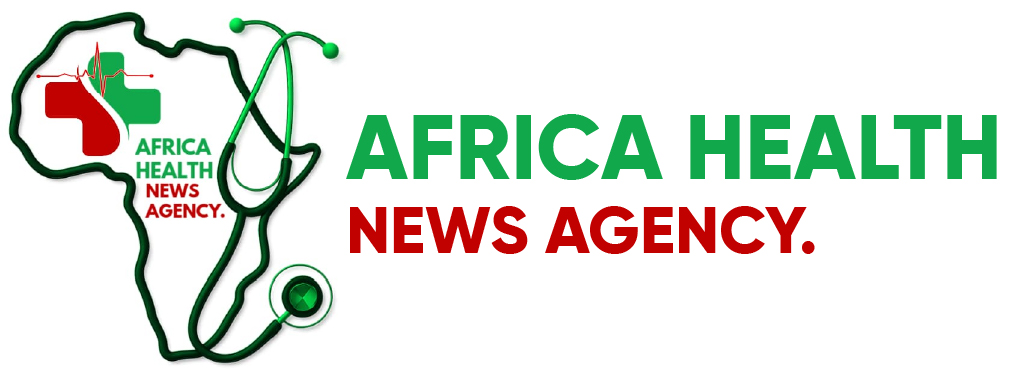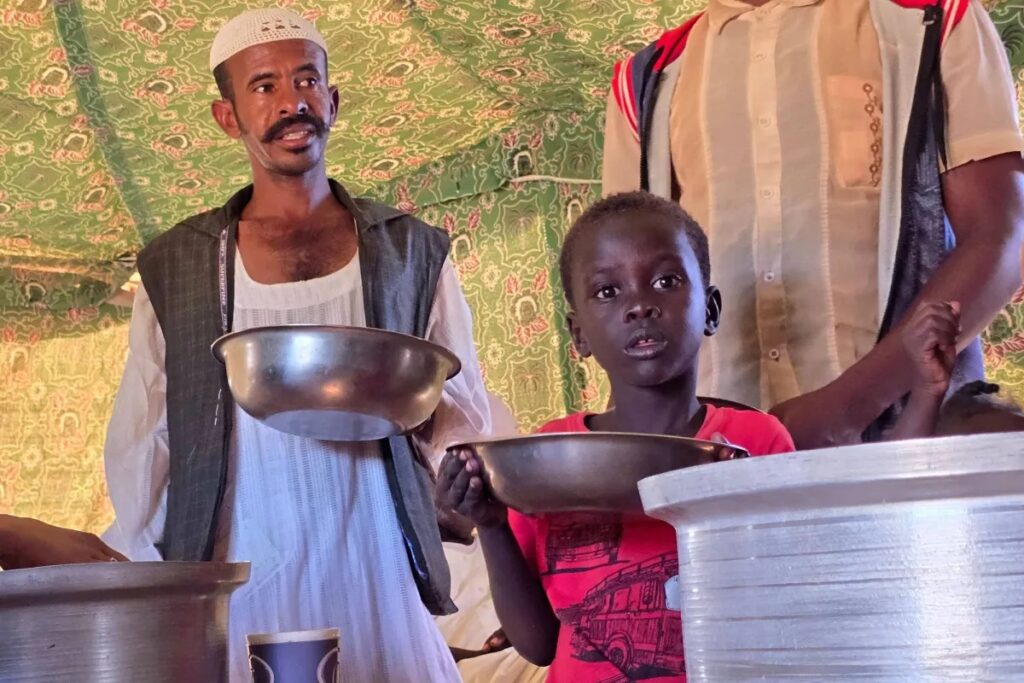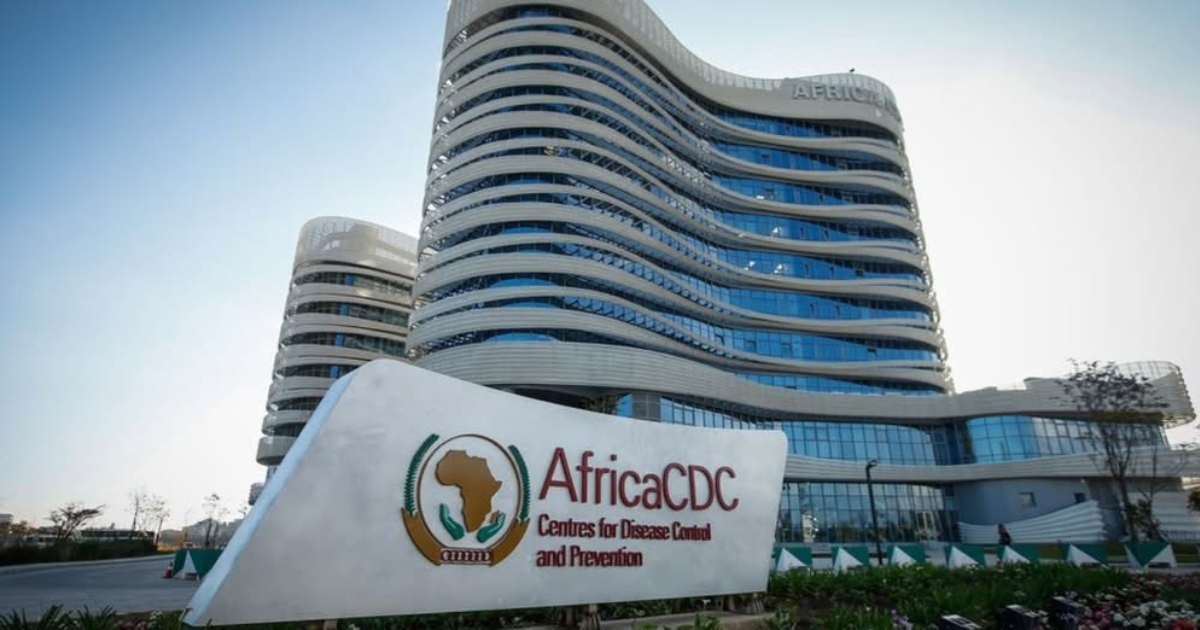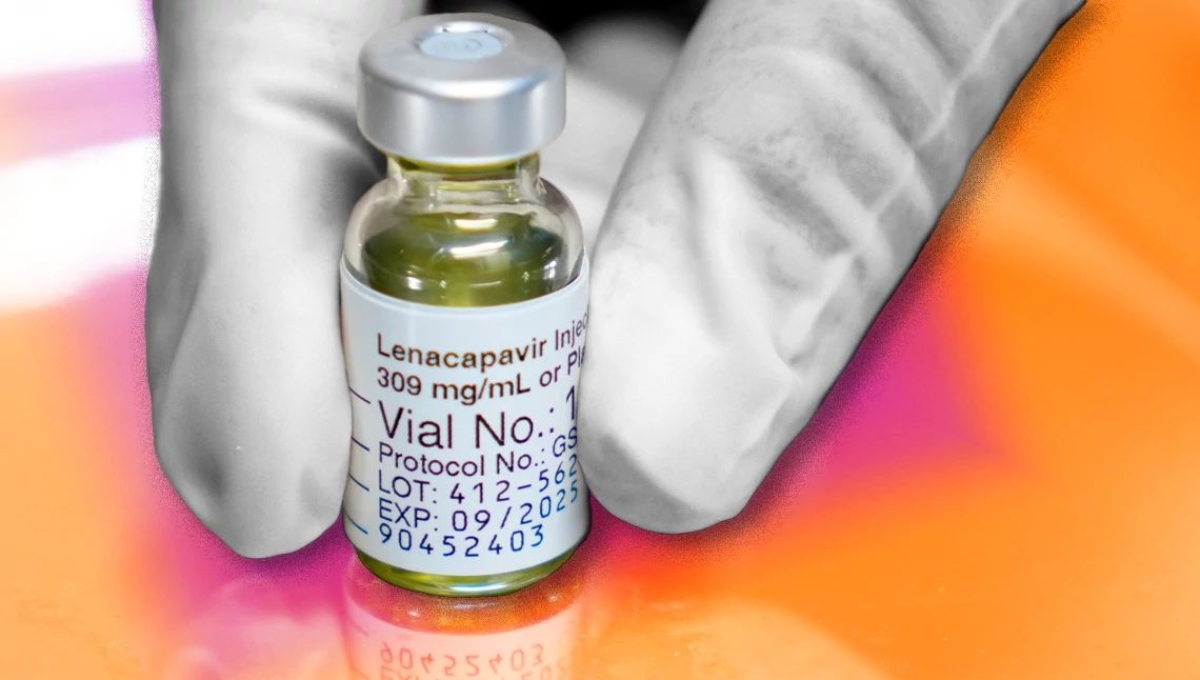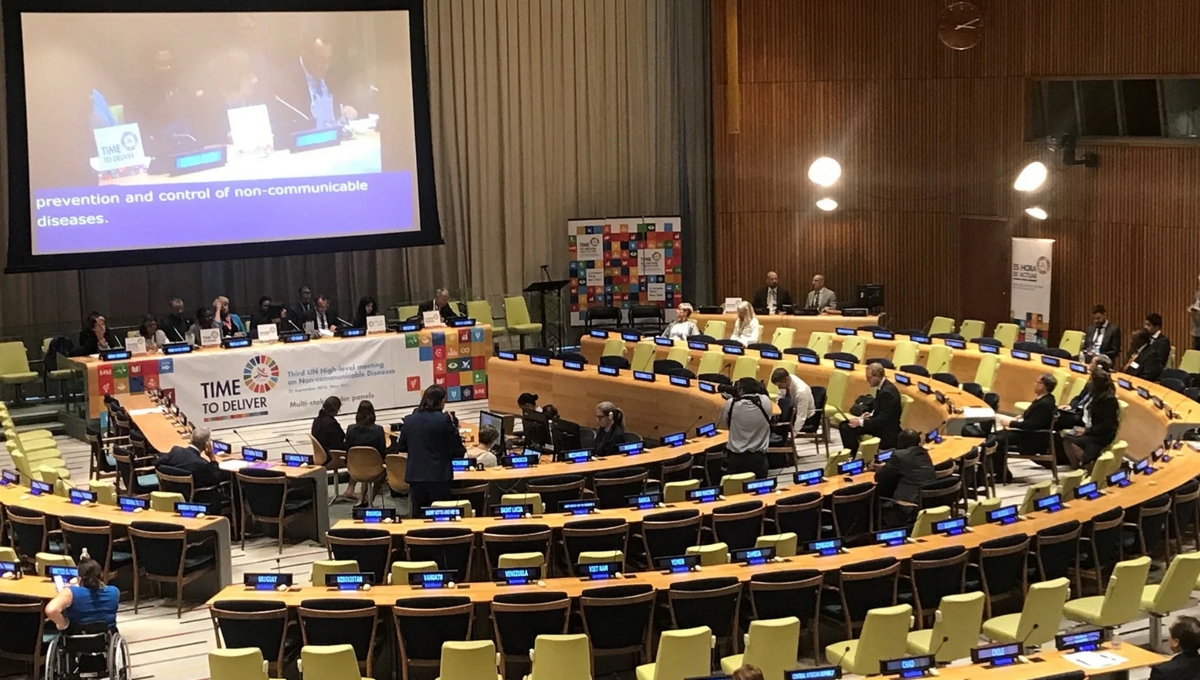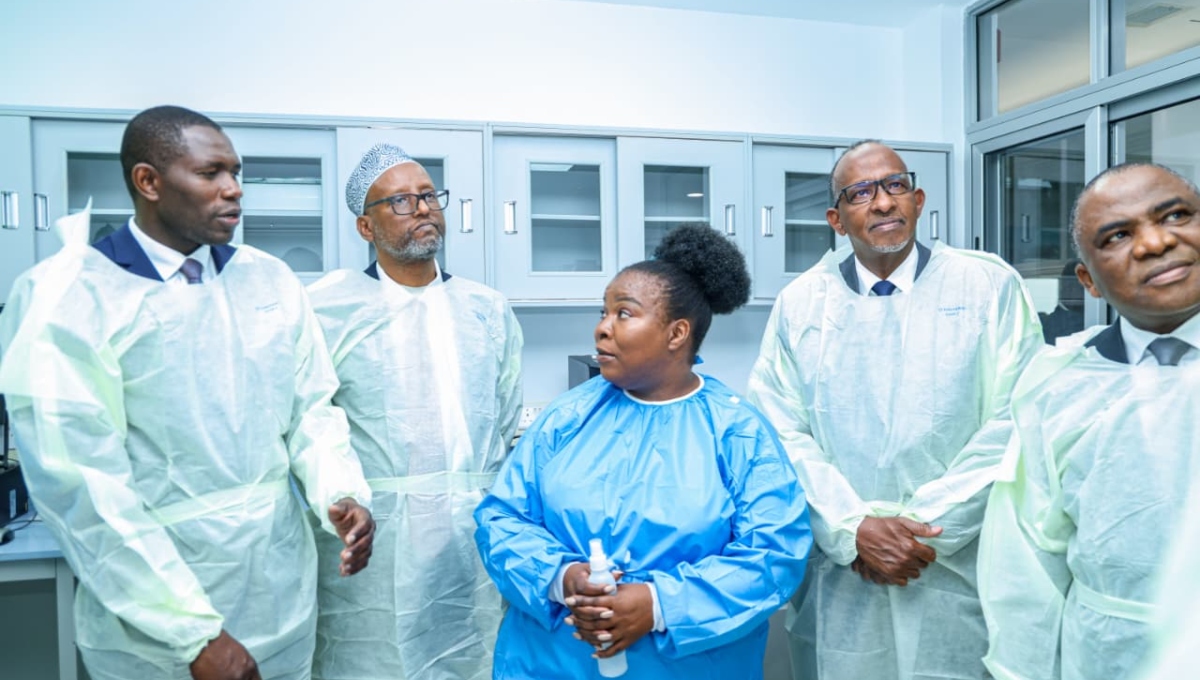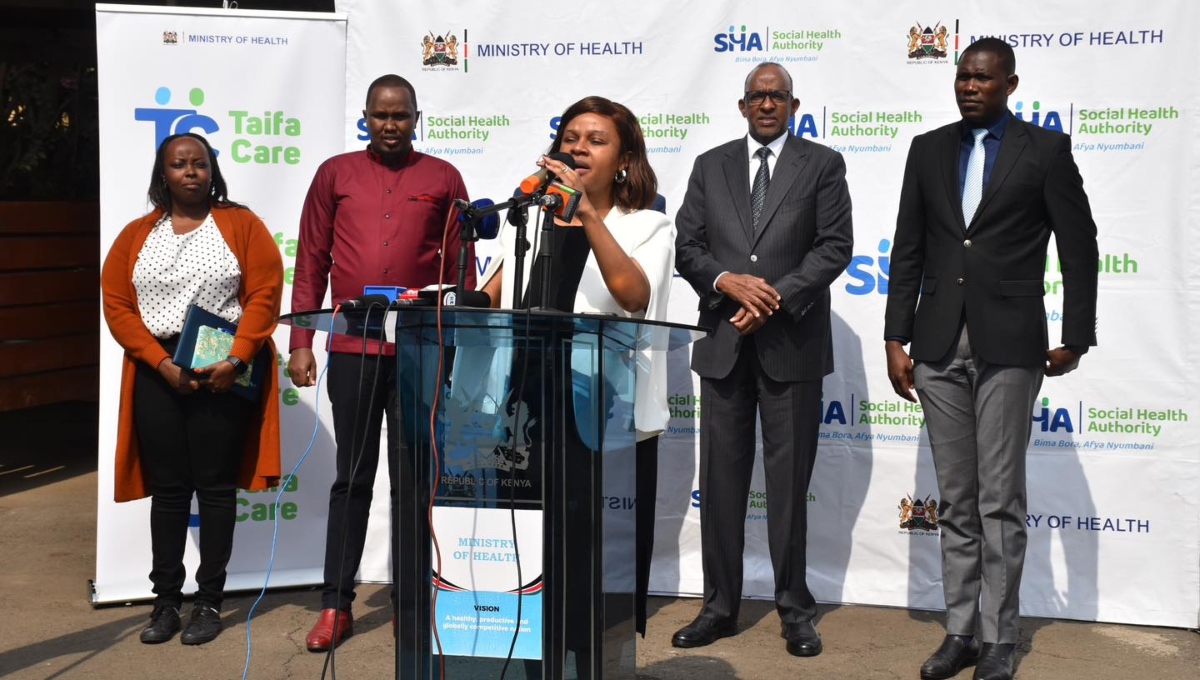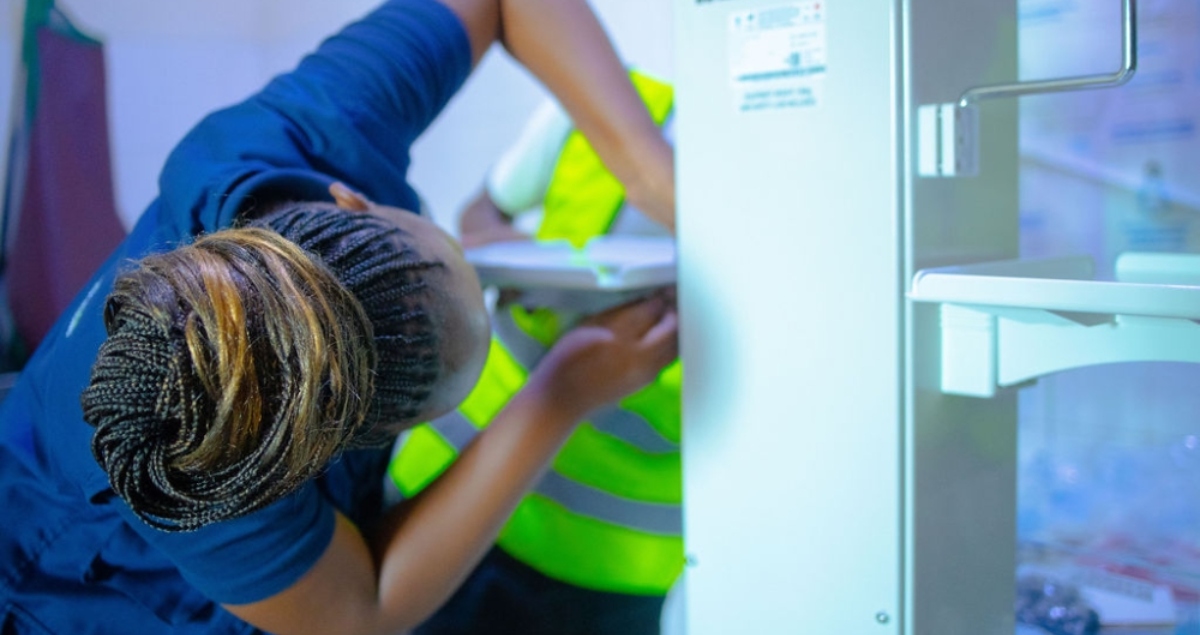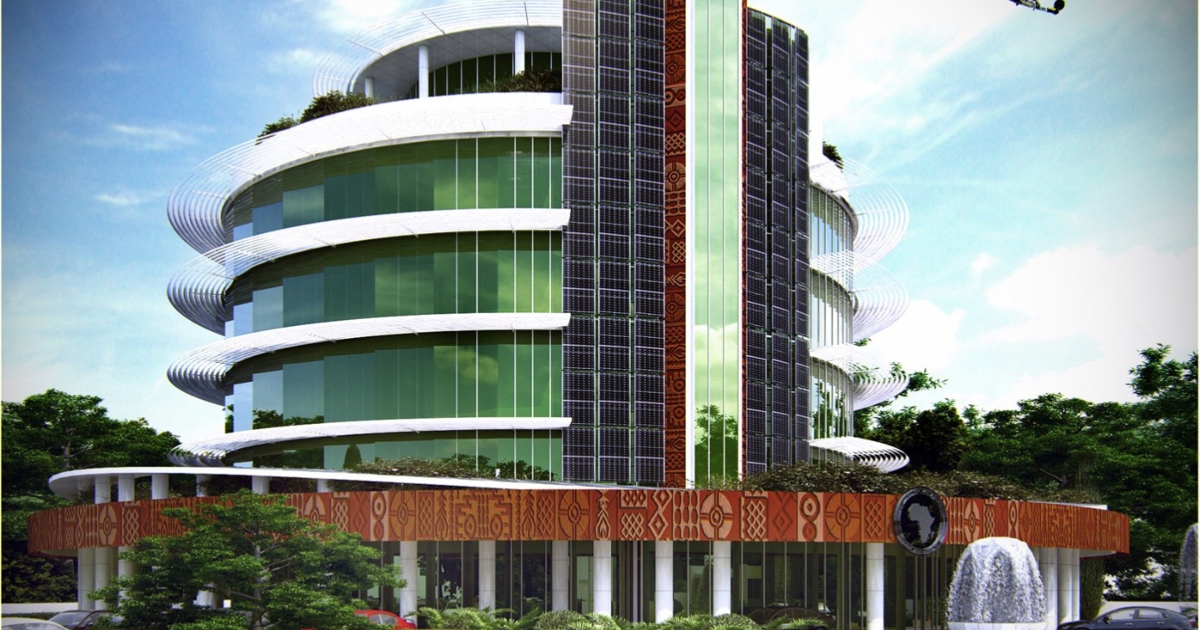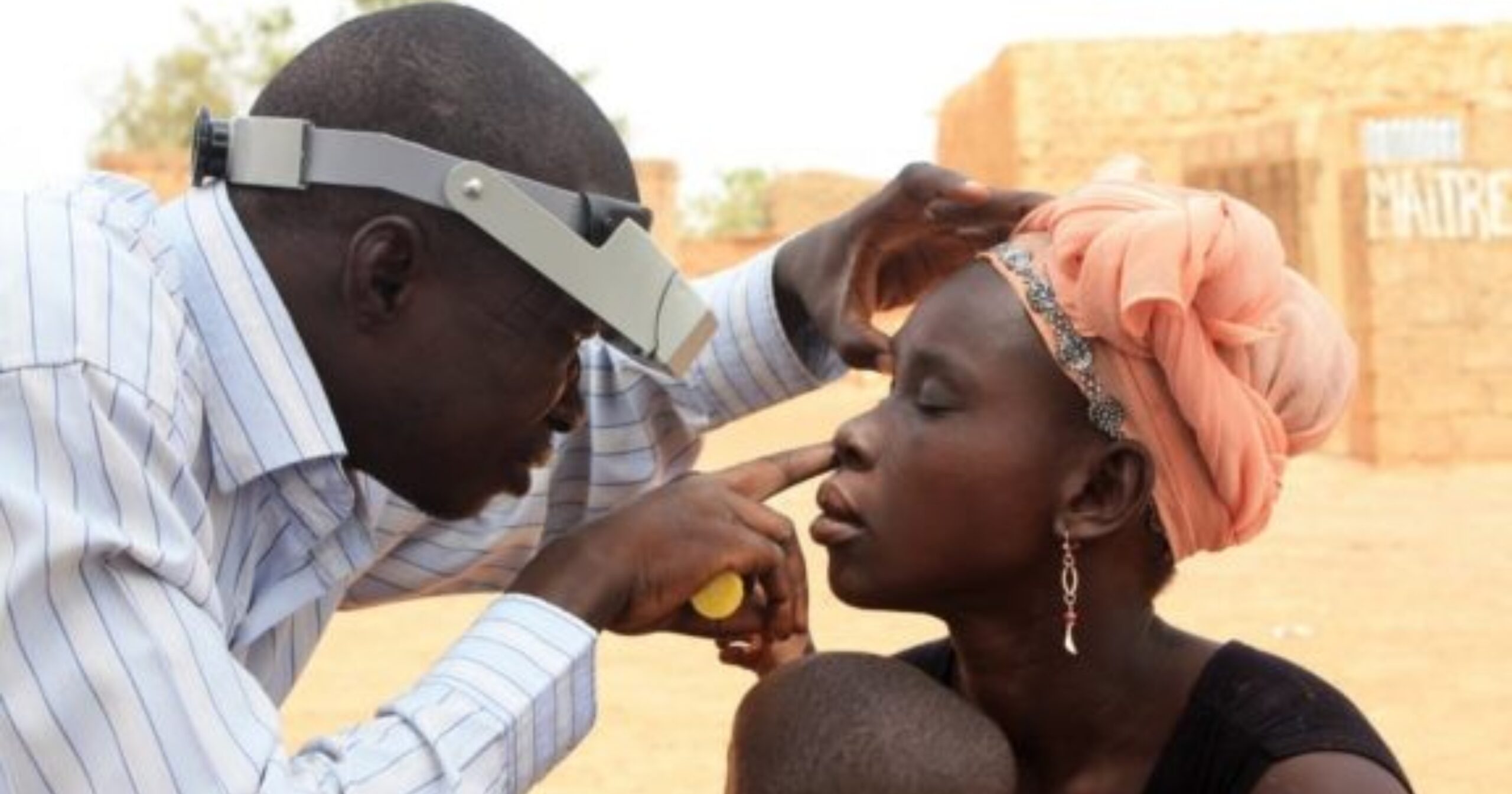Watan-Doctors Without Borders (MSF) has issued an urgent warning over the rapid spread of cholera in Sudan’s capital, Khartoum, reporting 2,500 infections and 51 deaths in just the past three weeks.
The organization stated that nearly 500 suspected cases were recorded in a single day, highlighting the worsening epidemic—especially in Omdurman, west of Khartoum. MSF is working in coordination with the Sudanese Ministry of Health to respond to the outbreak, which it described as escalating at an alarming rate.
Currently, 13 cholera treatment units are operational in Khartoum, with MSF supporting seven of them and ready to expand further. Two major centers in Omdurman treated over 570 patients between May 17 and 21. The Ministry of Health reported around 2,000 suspected cases in the three weeks ending May 20 alone.
The situation worsened significantly on May 21, with nearly 500 new cases reported in a single day. MSF called on international donors, the UN, and NGOs for immediate support in restoring water, sanitation, and hygiene systems to contain the outbreak.
Electricity outages are severely affecting hospitals and water stations, making fuel crucial for running generators. MSF urged Sudanese ministries to accelerate the restoration of electricity and water in affected areas.
On Wednesday, the Sudanese Ministry of Health confirmed 2,323 new cholera cases and 51 deaths, with 90% of infections in Khartoum State, particularly in Karari and Jabal Awliya districts.
The Sudan Doctors Network reported a rise in cholera admissions at Al-Nau Hospital in Omdurman, with 183 patients isolated, and rising cases in Bashair Hospital, the Turkish Hospital, and Al-Ban Al-Jadeed Hospital.
The outbreak is largely attributed to contaminated water, driven by power outages and a severe lack of clean water.
The Resistance Committees in Karari reported that Al-Nau Hospital’s cholera ward admitted over 200 patients and declared a health emergency, closing nearby markets and relocating public transport stops.
Meanwhile, the Sudanese army claimed full control of Khartoum after two years of fighting with the Rapid Support Forces, during which infrastructure—especially power and water stations—was destroyed or looted. Major drone strikes on power stations further deepened the crisis.
With collapsed services, many residents now rely on untreated Nile water, while decomposing corpses and war debris are significantly worsening the public health threat.
The Ministry of Health reported the collapse of 56 hospitals and 278 health centers due to ongoing combat and airstrikes. Authorities have launched a gradual recovery plan, including the rehabilitation of 29 hospitals in Omdurman and new facilities in Bahri and East Nile.
The Sudan Doctors Network has called for immediate government intervention, public awareness campaigns, and distribution of chlorination supplies to halt the cholera surge.
In August, Sudan’s Health Minister Haitham Ibrahim officially declared a cholera outbreak, linking it to poor sanitation and unsafe drinking water across several regions. That decision followed consultations with UN agencies and local experts, who recommended urgent measures including food monitoring, environmental cleanups, and outreach campaigns via media and social networks.
